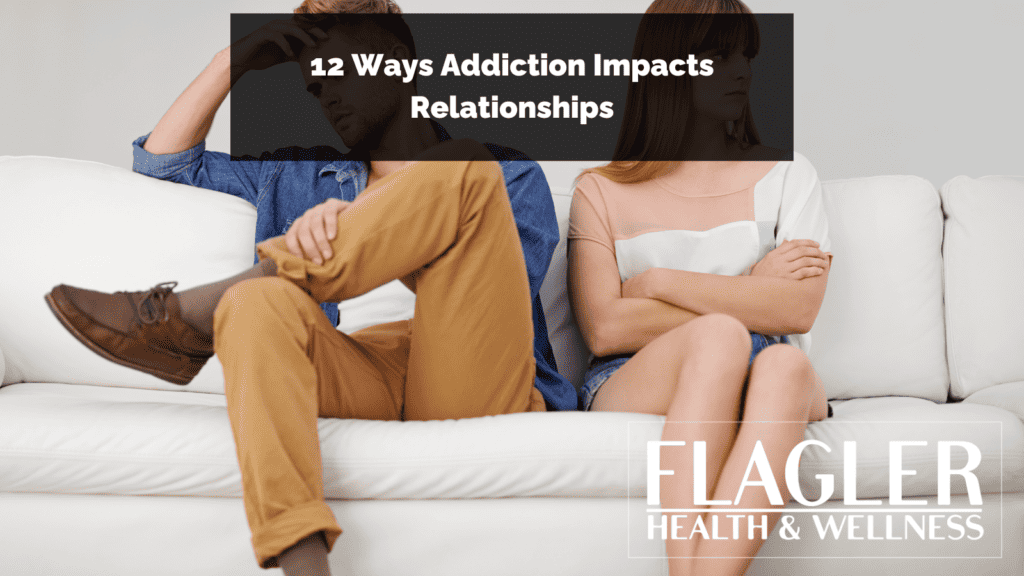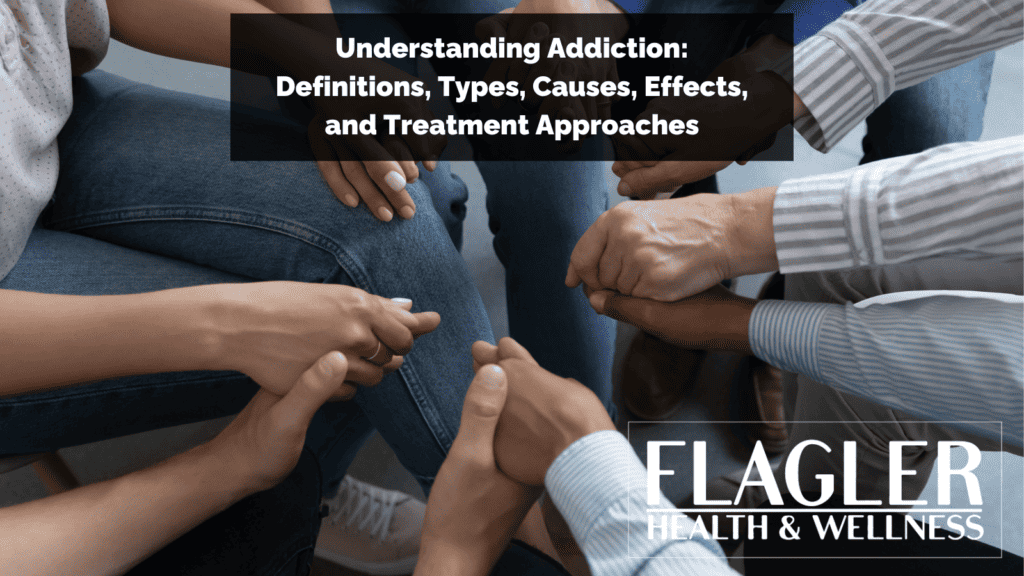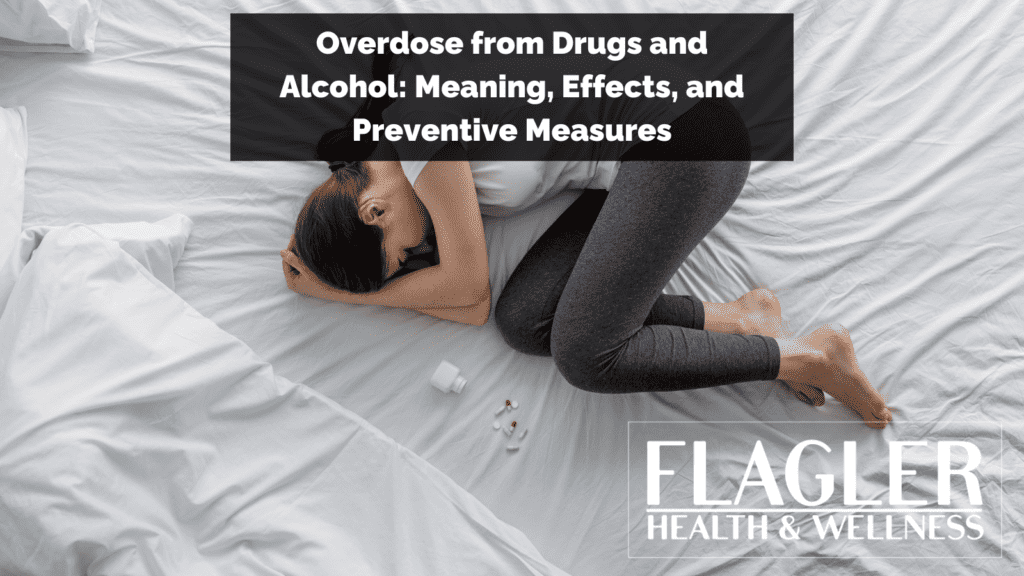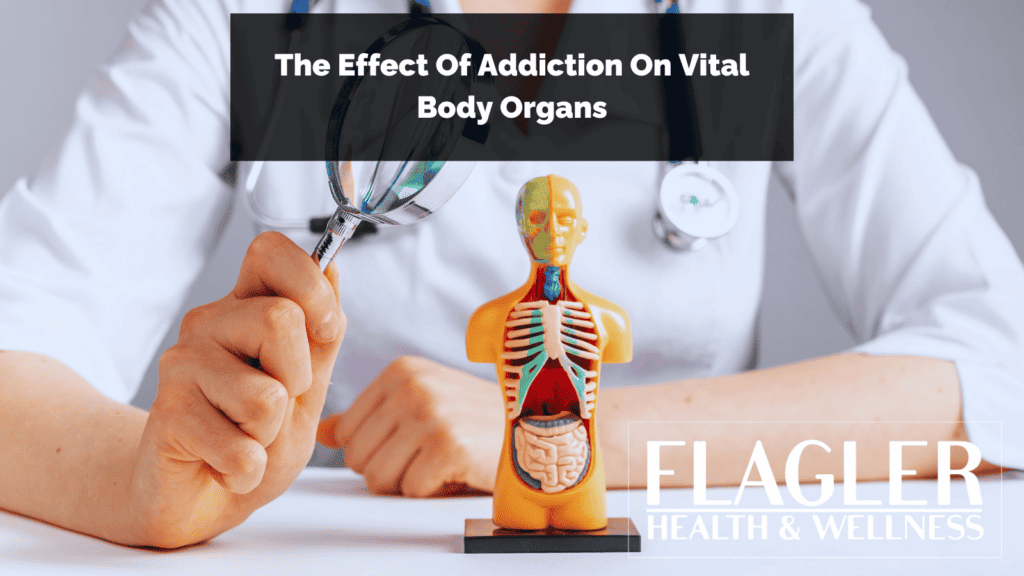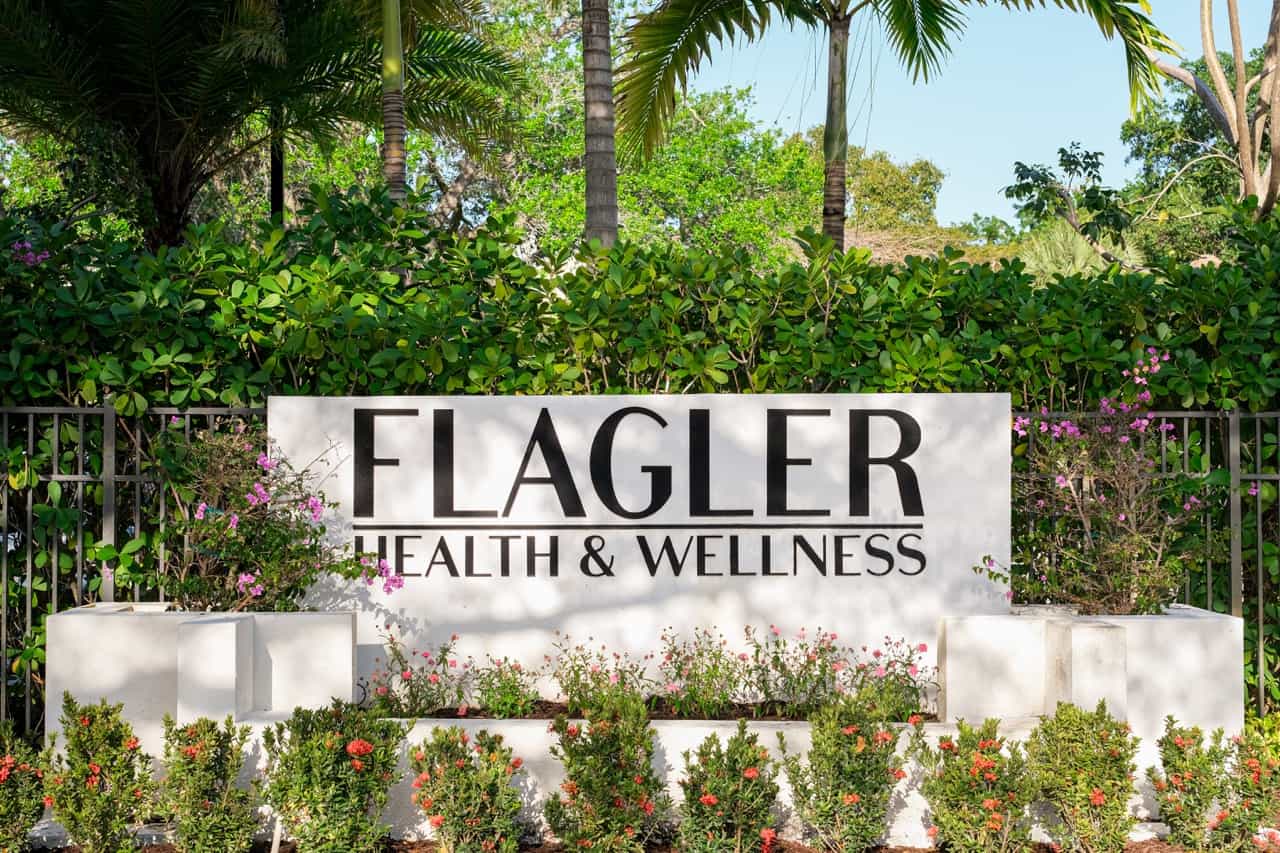Addiction affects all aspects of a person’s life, rippling out into their personal relationships with friends and family. Addiction can cause significant strain on these cherished relationships, altering the dynamics in ways both subtle and profound. At the core of these challenges is the fact that addiction fundamentally changes a person’s priorities, behaviors, and emotional responses, often placing the substance or behavior above everyone and everything else. This shift can lead to a cascade of consequences for relationships, from eroded trust to emotional detachment and beyond.
12 Ways Addiction Impacts Relationships
Addiction’s impact on relationships extends far beyond the individual struggle, permeating the very fabric of interpersonal connections. Here are twelve significant ways addiction influences relationships, shedding light on the profound and varied consequences that can arise.
- Erosion of Trust: Substance abuse and addictive behaviors often lead to lies and deceit, eroding the foundation of trust upon which relationships are built. This breakdown in trust makes it difficult to maintain healthy and supportive relationships. Once trust is broken, it becomes incredibly difficult to rebuild, leaving a lasting impact on the relationship’s dynamic. Suspicion may replace openness, leading to constant questioning and doubt.
- Financial Strain: Addiction can lead to significant financial difficulties, from the cost of sustaining the addiction itself to the potential loss of employment. This strain places a heavy burden on relationships, often leading to conflict and stress. When financing an addiction becomes a priority over essential needs, that can put families in difficult financial situations. The stress of financial instability can erode the sense of security and partnership in any relationship.
- Emotional Distress: Watching a loved one struggle with addiction can be emotionally devastating. The cycle of hope and despair, as the individual alternates between recovery and relapse, can take a heavy emotional toll. Loved ones may experience a range of emotions, including sadness, anger, and helplessness, often feeling overwhelmed by the situation. This emotional rollercoaster can create a barrier to emotional intimacy and connection within the relationship.
- Communication Breakdowns: Addiction fosters an environment where honest communication is replaced by lies, denial, and avoidance. Miscommunications become frequent, as the addict may hide their true feelings or the extent of their addiction. This breakdown in communication prevents the resolution of conflicts and the expression of needs and feelings, leading to a buildup of unresolved issues. As a result, relationships become characterized by arguments, silence, or avoidance, rather than understanding and connection.
- Neglect of Responsibilities: Addiction can lead to a neglect of essential responsibilities, including those related to work, home, and family. This neglect often forces other family members to take on additional burdens, causing stress and resentment. The shift in responsibilities can disrupt the balance and harmony within the home, leading to feelings of unfairness and anger. Over time, this can weaken the bonds of partnership and family unity, as the shared responsibilities of life go unmet.
- Isolation: Individuals struggling with addiction often withdraw from relationships, preferring the company of those who share or enable their addictive behaviors. This isolation can leave loved ones feeling abandoned and lonely, severing important emotional connections. On the other side, families and friends may also isolate themselves, either out of shame or as a coping mechanism. This mutual withdrawal creates a significant gap, making it difficult to maintain a supportive and loving relationship.
- Emotional Unavailability: Addiction consumes a person’s emotional bandwidth, leaving little room for the needs of others. The person struggling with addiction may become indifferent, self-absorbed, or unable to participate in the emotional life of the relationship. This unavailability creates a void where emotional support and intimacy should be, leading to a relationship that feels one-sided and lacking in depth. Loved ones may feel neglected and undervalued, exacerbating feelings of loneliness and disconnection.
- Physical and Emotional Abuse: Substance abuse can increase the risk of abusive behaviors, including physical, emotional, and verbal abuse. The altered state that comes with addiction can lead to a loss of control, resulting in actions that harm others. The experience of abuse can leave deep emotional scars, significantly damaging the trust and safety that are essential to a healthy relationship. This abuse creates a toxic environment that can be difficult to heal, often requiring professional intervention to address the underlying issues.
- Enabling and Codependency: In an attempt to help, loved ones may inadvertently enable the addictive behavior, creating a cycle of codependency. This dynamic prevents the person with the addiction from facing the natural consequences of their actions, hindering their motivation to seek help. Codependency also places an undue emotional burden on the enabler, who may neglect their own needs and well-being. This unhealthy balance can perpetuate the addiction and erode the foundation of the relationship, making it difficult to break the cycle.
- Sexual Dysfunction: Addiction can lead to sexual dysfunction, affecting intimacy and leading to additional strain on romantic relationships. The physical and psychological effects of addiction can diminish sexual desire and performance, leading to frustration and dissatisfaction. This loss of intimacy can create a significant gap between partners, leaving both feeling disconnected and unfulfilled. The resulting tension and unhappiness can further complicate the relationship, making recovery and connection more challenging.
- Legal Problems: The legal issues often associated with addiction, such as arrests or legal action related to substance use, can add a significant burden to relationships. The stress of dealing with legal problems can consume time, resources, and emotional energy, straining the bonds of any relationship. The stigma of legal trouble can also lead to social isolation, as families may feel judged or ostracized by their community. This external pressure can exacerbate internal tensions, making it harder for relationships to survive and thrive.
- Health Risks: The health risks associated with addiction, including the potential for overdose, infectious diseases, and long-term physical conditions, can be a source of constant worry for loved ones. The fear of losing someone to addiction or dealing with the long-term consequences of substance abuse can be overwhelming. This fear can dominate the relationship, overshadowing other aspects of connection and intimacy. The stress and anxiety related to health concerns can further erode the emotional resilience of the relationship, making it difficult to find joy and connection amidst the worry.
Each of these impacts can create a complex web of challenges for relationships affected by addiction. However, with understanding, professional help, and a commitment to recovery, it is possible to address these issues and work towards healing and rebuilding stronger, healthier relationships.
The Emotional Toll of Addiction on Relationships
The emotional repercussions of addiction on relationships are profound and multifaceted. Loved ones may experience a range of negative emotions, including anxiety, sadness, anger, and frustration. The person struggling with addiction might become more withdrawn or aggressive, leaving their loved ones feeling neglected or abused. As trust erodes due to lies and deceit related to the addiction, relationships suffer from a pervasive sense of instability and insecurity. Here are some ways this emotional toll manifests:
1. Intense Emotional Stress
Loved ones may experience an ongoing state of worry and anxiety over the addict’s well-being, fearing the worst outcomes like overdose or legal troubles. This constant concern can be emotionally draining and lead to chronic stress, affecting their own mental and physical health.
2. Feelings of Betrayal and Mistrust
Addiction often leads individuals to lie, hide their substance use, and break promises, which can severely erode the foundation of trust in any relationship. Loved ones may feel betrayed, leading to a breakdown in the openness and honesty that once characterized their interactions.
3. Anger and Frustration
The behaviors and actions of someone struggling with addiction can evoke significant anger and frustration in those close to them. Whether it’s due to unmet expectations, broken promises, or the financial and emotional burden of the addiction, these feelings can become overwhelming and damaging to the relationship.
4. Sadness and Grief
Watching someone you care about succumb to addiction can be profoundly sad and may trigger a sense of grief as you mourn the loss of the person they once were. This grief can be complicated, involving layers of loss, including the loss of trust, the deterioration of the relationship, and the erosion of shared dreams and plans.
5. Guilt and Shame
Loved ones may struggle with feelings of guilt and shame, questioning whether they could have done something differently to prevent the addiction or mitigate its effects. These feelings can be particularly burdensome, leading to self-blame and a diminished sense of self-worth.
6. Loneliness and Isolation
The dynamic changes brought on by addiction can lead to a profound sense of loneliness and isolation for both parties. The individual with the addiction may withdraw, becoming emotionally unavailable, while their loved ones may feel sidelined and helpless, leading to a palpable sense of disconnection.
7. Fear of Conflict
The volatility and unpredictability associated with addiction can create a pervasive fear of conflict, causing loved ones to tread lightly around the addict, often at the expense of their own needs and feelings. This avoidance can stifle genuine communication and lead to a buildup of unresolved issues.
Can relationships survive addiction?
Yes, with open communication, professional help, and a commitment to recovery, relationships can heal and become stronger in the aftermath of addiction.
How can I support a loved one struggling with addiction without enabling their behavior?
Supporting a loved one involves encouraging treatment, setting healthy boundaries, and seeking support for yourself through counseling or support groups.
What are the signs of codependency in a relationship affected by addiction?
Signs of codependency include putting the addicted person’s needs before your own, ignoring your own health or well-being, and feeling responsible for their addiction or recovery.
How We Can Help You
No matter what challenge you are facing, recognizing the need for help is the first step on the road to recovery. The second is to find the right treatment program for your needs. At Flagler, we offer specialized programs that are tailored to an individual’s needs, ensuring the highest chance of your success. Remember, seeking help is not a sign of weakness, but rather one of strength and self-awareness. Reach out to us today to see how we can help you on your journey to a brighter, substance-free future.
Share This Post

